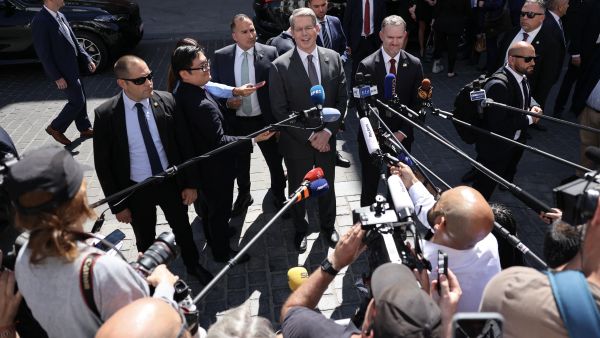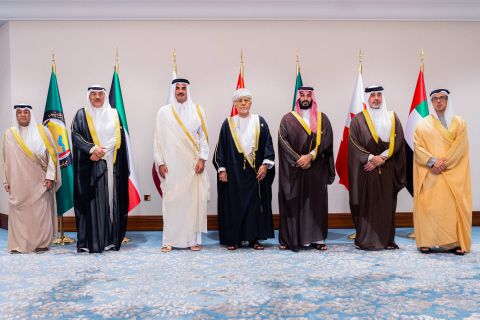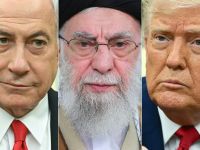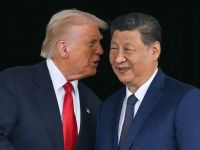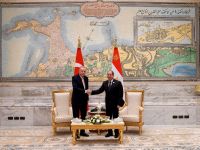ALBAWABA- The United States and China announced progress toward a framework agreement that would allow TikTok to continue operating in the U.S., easing months of uncertainty over the app’s future.
Treasury Secretary Scott Bessent confirmed Monday that American and Chinese negotiators had agreed on the “commercial terms” of a deal, with final approval expected after President Donald Trump speaks directly with Chinese President Xi Jinping later this week.
“We have a framework for a TikTok deal,” Bessent said after talks in Spain. He described the agreement as being “between two private parties” and confirmed that the terms would separate TikTok’s U.S. operations from its Chinese parent company, ByteDance, while allowing ByteDance to maintain a minority stake.
Trump, in a post on Truth Social, called the negotiations “VERY WELL” and promised young Americans would be “very happy” with the outcome.
The deal follows years of pressure from Congress, which passed legislation last year requiring ByteDance to divest or face a nationwide ban.
While the Supreme Court upheld the law, Trump has repeatedly delayed its enforcement, citing TikTok’s popularity among U.S. youth. The framework now represents the most concrete path yet toward resolving the dispute.
Chinese officials described the discussions as “candid, in-depth, and constructive,” emphasizing mutual respect in addressing trade and technology issues. Analysts said the move could help ease broader U.S.–China trade tensions.
But the announcement came against a backdrop of escalating rhetoric from Israel. Speaking to visiting U.S. state legislators, Israeli Prime Minister Benjamin Netanyahu accused Qatar and China of bankrolling a “media blockade” against Israel, particularly through platforms such as TikTok.
Netanyahu claimed the two countries were investing “huge sums” in bots, AI, and publications designed to sway Western opinion against Israel, calling it a coordinated attempt to “besiege Israel politically.”
In remarks to i24 News, Netanyahu singled out Qatar as leading the campaign, with China playing a growing role. “There is now an attempt to impose a blockade on Israel by various entities and countries, led by Qatar,” he said. “A media blockade funded with enormous sums of money, both from Qatar and from other countries such as China.”
He contrasted the alleged information campaign with Iran’s military threats, stressing that the U.S. remains Israel’s strongest partner in countering both.
The convergence of TikTok’s uncertain future and Netanyahu’s accusations highlights how the platform, central to debates over security, politics, and free expression, has become a flashpoint not only in U.S.–China relations but also in the wider Middle East conflict narrative.



